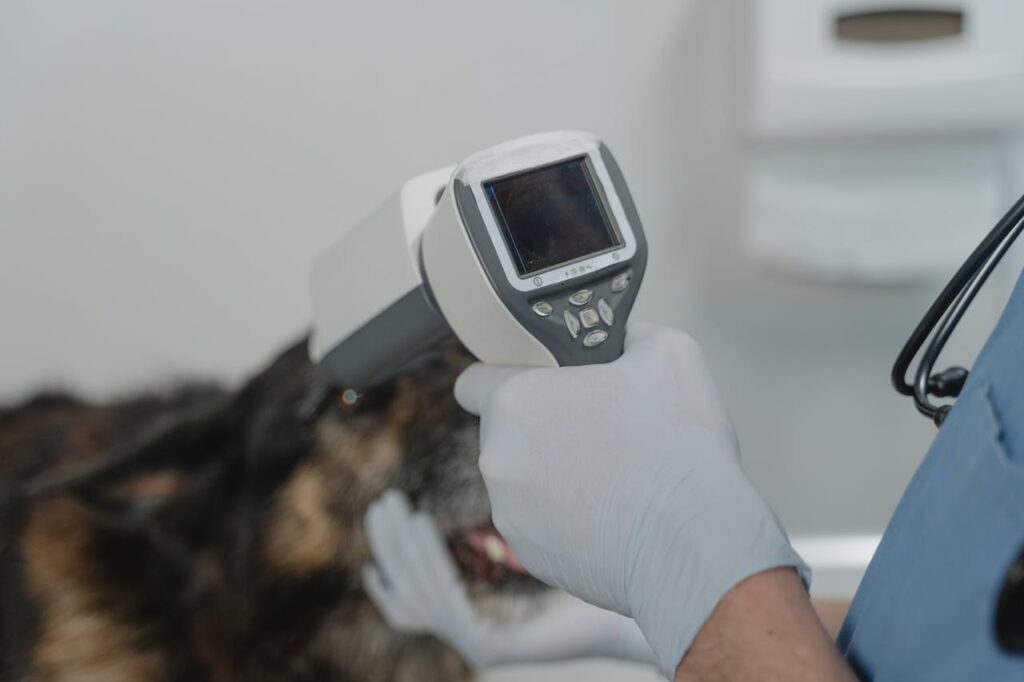Just like humans, dogs can also be affected by diabetes, a condition that requires careful management for their well-being. Recognizing the symptoms of diabetes in dogs is crucial for early detection and effective treatment. In this guide, we’ll explore the common signs of diabetes in dogs and emphasize the importance of seeking veterinary care for a proper diagnosis and tailored treatment plan.
Excessive Thirst and Increased Urination
One of the initial signs of diabetes in dogs is increased thirst (polydipsia) and urination (polyuria). If you notice your dog drinking more water than usual and needing more bathroom breaks, it’s a signal that warrants attention.
Changes in Appetite
Diabetic dogs may experience fluctuations in their appetite. While some dogs may show an increased hunger, others may lose interest in food. Sudden weight loss or gain without a change in diet or activity level can be indicative of an underlying issue.
Lethargy and Weakness
Diabetes can impact a dog’s energy levels, leading to increased lethargy and weakness. If your once-active dog seems less interested in playtime or struggles with activities they used to enjoy, it’s a cause for concern.
Cloudy Eyes (Cataracts)
Untreated diabetes in dogs can contribute to the development of cataracts, leading to cloudy or opaque eyes. If you notice changes in your dog’s eye appearance or if they seem to be experiencing vision difficulties, consult with a veterinarian promptly.
Sweet or Fruity Odor in Breath
A sweet or fruity odor in a dog’s breath can be a sign of diabetic ketoacidosis (DKA), a severe complication of diabetes. If your dog’s breath smells unusual, it’s essential to seek immediate veterinary attention.
Urinary Tract Infections (UTIs)
Dogs with diabetes are more prone to urinary tract infections. Symptoms may include straining to urinate, blood in the urine, or accidents in the house. If you observe any of these signs, it’s crucial to have your dog evaluated by a veterinarian.
Vomiting and Dehydration
Advanced diabetes can lead to vomiting and dehydration in dogs. Persistent vomiting or signs of dehydration, such as dry gums and lethargy, require immediate veterinary intervention.
Seeking Veterinary Care
If you observe any of these symptoms in your dog, it’s vital to consult with the veterinary professionals at Atlas Animal Hospital in Vancouver. Our experienced team can conduct thorough examinations, blood tests, and diagnostics to confirm a diabetes diagnosis and tailor a treatment plan specific to your dog’s needs. At Atlas Animal Hospital, we are dedicated to promoting the health and well-being of your pets. Contact us today for comprehensive veterinary care and guidance on managing diabetes in your furry friend.
Note: This blog provides general information about the symptoms of diabetes in dogs and is not a substitute for professional veterinary advice. If you suspect your dog may have diabetes or any other health concern, consult with a veterinarian promptly for accurate diagnosis and appropriate treatment.

